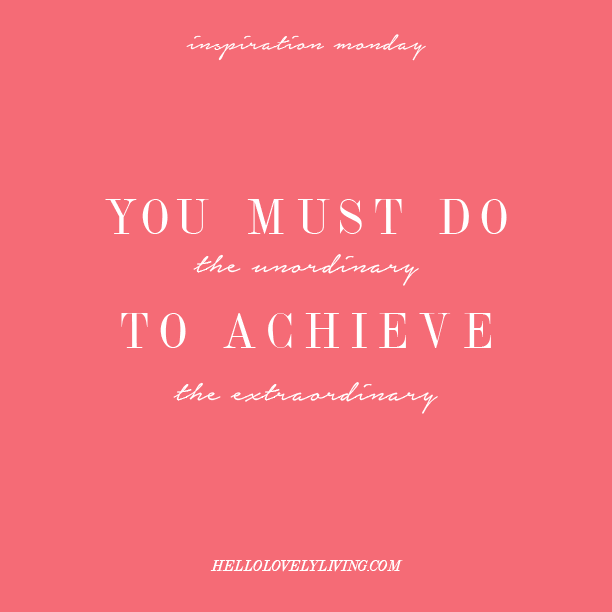Almost everyone dreams of financial freedom where they can afford to purchase what they want without worrying about living expenses and mounting debt. A recent survey shows that 67% of Americans want financial freedom. This freedom is attainable, but it doesn’t happen overnight.
Your current decisions, choices, and, most of all, your habits can affect your financial future for better or for worse. Consistently cultivating good financial habits can secure your finances, ensuring you are debt-free and can afford the life you have always dreamed of.
If you want to enjoy a debt-free and financially secure future, then perhaps adopting the following habits in this article is worth adopting in the present.
No. 1
Live below your means
This is probably the most basic and redundant point you’ve heard over and over again. But as simple as it sounds, many people fail to practice living below their means. It simply means spending less than you earn and avoiding unnecessary expenses.
Start by understanding your current financial habits and determine unnecessary expenses that you can do without. Next, create an effective, cost-saving budget and stick to it. Practice frugality by distinguishing between luxury wants and essentials or needs.
Of course, that will require a lot of financial discipline. But don’t end there; look for other ways to cut back on your spending and re-channel the extra money into paying off debt and saving for emergencies.
Try to be content with what you have instead of comparing yourself with others. This way, you’ll not be tempted to invest in unnecessary things simply because someone else has them. This habit will allow you to save and invest for your future while providing a financial safety net for emergencies.
No. 2
Drop all the unhealthy habits
Health is wealth; you’ve probably heard it said several times. The two reciprocally affect each other. For example, the healthier you are, the less you’ll likely spend on expensive medications and medical processes.
Also, staying healthy means you will be strong enough to work, earn, save, and invest. It’s almost impossible to have financial stability if all your savings go into health-related expenses in the future. So, you might want to start dropping all those unhealthy habits.
Things like smoking, heavy drinking, and substance abuse can easily take a toll on your physical and financial health. If you’re struggling with substance abuse and addiction, start seeking treatment as soon as possible.
Thankfully, addiction recovery and rehab centers like the Numa Recovery Centers can help you detox and rehabilitate, eliminating your financial barriers to treatment. Also, consider preventive practices like regular exercise, eating a balanced diet, getting enough rest, and going in for regular health examinations.
No. 3
Learn as much as you can about financial literacy
Financial literacy will play a key role in your ability to make the right money moves or investments. You can successfully live below your means and save money, but the wrong investment can ruin all your years of sacrifice. Financial literacy can help you avoid making such bad money-related decisions.
Take the time to expand your financial knowledge by reading books, listening to finance podcasts, attending seminars or workshops, and following reputable financial experts and resources. Also, keep yourself informed about new financial opportunities and trends that can help you identify new ways to maximize or increase your finances.
Takeaways
Achieving financial freedom is a goal that requires discipline, planning, and perseverance. It is not just about having a large bank account but about having control over your finances and being able to pursue your goals and dreams without being hindered by monetary constraints.
Living life on your terms includes discipline, which is the cornerstone of any achievable goal. By adhering to a budget, saving diligently, investing wisely, and living below your means, you can set yourself on the path to financial freedom.
Remember that financial freedom looks different for everyone, and the journey will have its ups and downs. Stay focused, stay committed, and keep working towards a future where your finances support the life you want to live.






























